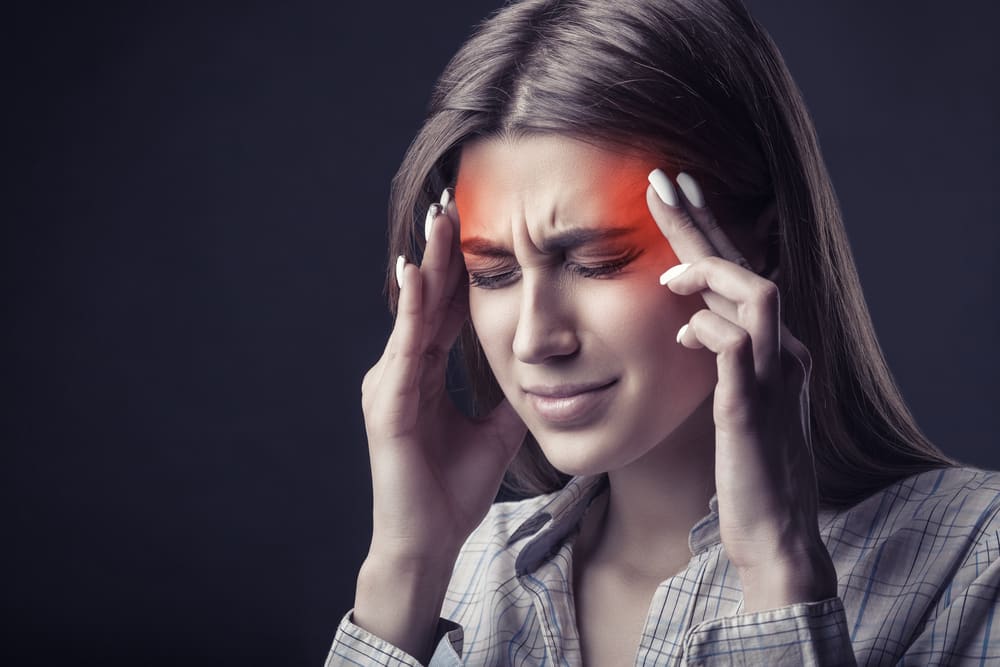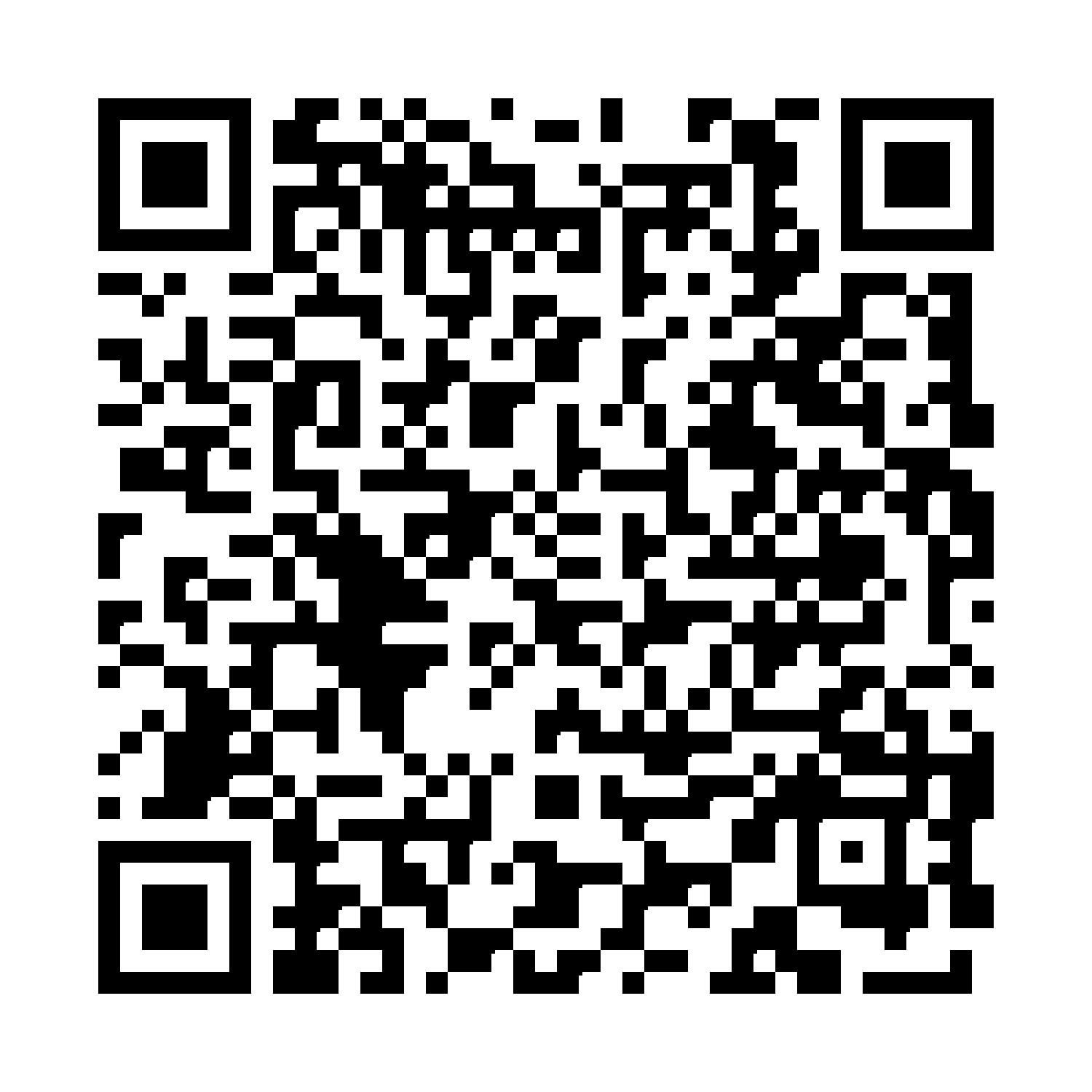Acupuncture for Migraine Relief: An Evidence-Based Natural Solution

Acupuncture for Migraine Relief: An Evidence-Based Natural Solution
By Dr. Bishal Shrestha
Senior Acupuncture & Pain Management Specialist
Founder, Safal Hospital | 20+ Years Experience | 12+ Years Dedicated to Migraine Treatment
Understanding Migraine: A Global Neurological Challenge
Migraine is a neurological disorder that affects more than 1 billion people worldwide. It is characterized by recurrent, often throbbing headaches—typically on one side of the head—along with associated symptoms like nausea, dizziness, photophobia (sensitivity to light), phonophobia (sensitivity to sound), irritability, and intolerance to crowds or bright lights. In many cases, long-term use of conventional medications can lead to medication overuse headaches (Rebound Headaches) or resistant migraines. Statistically, the condition affects women three times more than men
Common Migraine Symptoms
- One-sided, pulsating or throbbing headache
- Lasts between 4 to 72 hours
- Sensitivity to light and sound
- Nausea and/or vomiting
- Fatigue and mood changes
- Visual disturbances or “aura” in some patients (flashing lights, zigzag patterns)
ICHD Diagnostic Criteria for Migraine
As per the International Classification of Headache Disorders (ICHD), migraine is diagnosed when:
At least five headache attacks last 4–72 hours
The pain is typically one-sided, moderate to severe, and pulsating
It worsens with physical activity
Accompanied by nausea, vomiting, or sensitivity to light/sound
Other causes of headache are ruled out
Menstrual-Related Migraine (MRM)
In women, migraines are often linked to hormonal fluctuations, especially around menstruation due to declining estrogen levels. In such cases, standard medications may offer limited relief.
What Causes Migraine?
Migraine begins with a process called Cortical Spreading Depression (CSD)—a wave of neuronal activation followed by suppression. This activates the trigemino-vascular system, releasing neuropeptides like CGRP and Substance P, which dilate blood vessels and trigger inflammation and pain.
Common Triggers Include:
- Stress and mental fatigue
- Hormonal changes (menstruation, contraceptives)
- Sleep disturbances
- Digestive issues
- Genetic predisposition
- Dietary triggers (chocolate, caffeine, wine, aged cheese, fermented food)
- Bright lights, strong odors, loud sounds
How Acupuncture Works in Migraine
Acupuncture is a scientifically supported and side-effect-free approach to managing migraine. Clinical trials, meta-analyses, and neuroimaging studies have consistently shown its effectiveness. A 2016 Cochrane Systematic Review analyzing 22 studies with 4,958 participants found significant reductions in migraine frequency and medication usage among those treated with acupuncture.
A 2020 RCT published in JAMA Internal Medicine revealed that 20 sessions of acupuncture led to over 50% reduction in migraine attacks. fMRI studies showed that acupuncture activates areas like the anterior cingulate cortex, hypothalamus, and periaqueductal gray (PAG)—all essential in pain modulation. A study in Lancet Neurology confirmed that acupuncture reduces inflammatory neuropeptides such as CGRP and Substance P.
Global Recognition by Medical Institutions
Several prestigious international health bodies officially recognize acupuncture as an effective treatment for migraine:
WHO (World Health Organization), in its 2003 report, acknowledged acupuncture as safe and effective for neurological disorders, including migraine.
NIH (National Institutes of Health) and its arm, the National Center for Complementary and Integrative Health (NCCIH), support acupuncture as a natural, evidence-based treatment for migraine and chronic pain.
NIHS (National Institute of Health Sciences) includes acupuncture in its research priorities for pain and neurological conditions.
The American College of Physicians (ACP) in 2017 recommended acupuncture as a first-line treatment option for chronic headaches and migraines to reduce medication dependence.
Effective Acupuncture Points for Migraine
- GB20 (Fengchi): Head and neck pain
- LI4 (Hegu): General pain relief
- EX1 (Yintang): Calms mind, improves sleep
- EX2 (Taiyang): Effective for temporal migraines
- SP6 & ST36: Regulates hormones and digestion, helpful in menstrual migraines
Conclusion: A Natural Path to Lasting Relief
Acupuncture stimulates specific regions of the brain to release natural painkillers such as endorphins and serotonin, reducing inflammation and regulating blood flow in the brain. By restoring nervous system balance, improving sleep, and lowering stress, acupuncture reduces the frequency, intensity, and duration of migraine attacks—without reliance on medications. It offers a safe, natural, and scientifically validated path to long-term migraine management.

